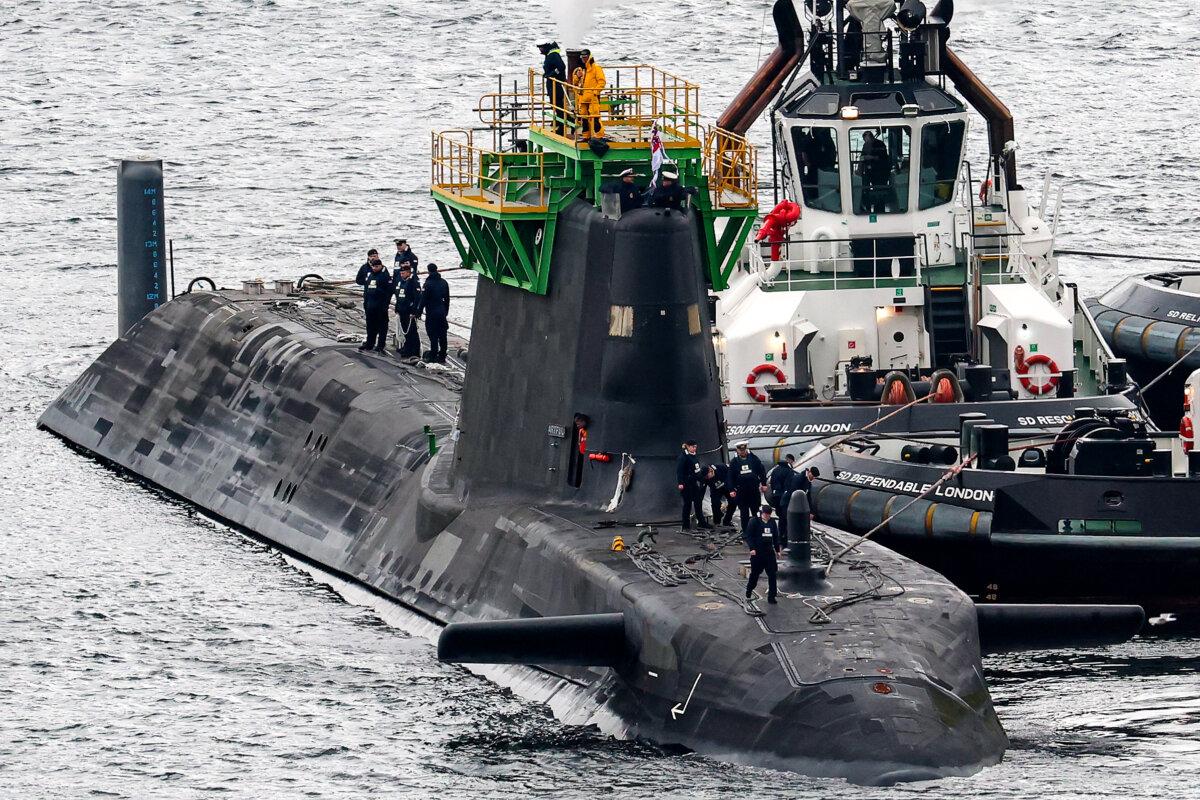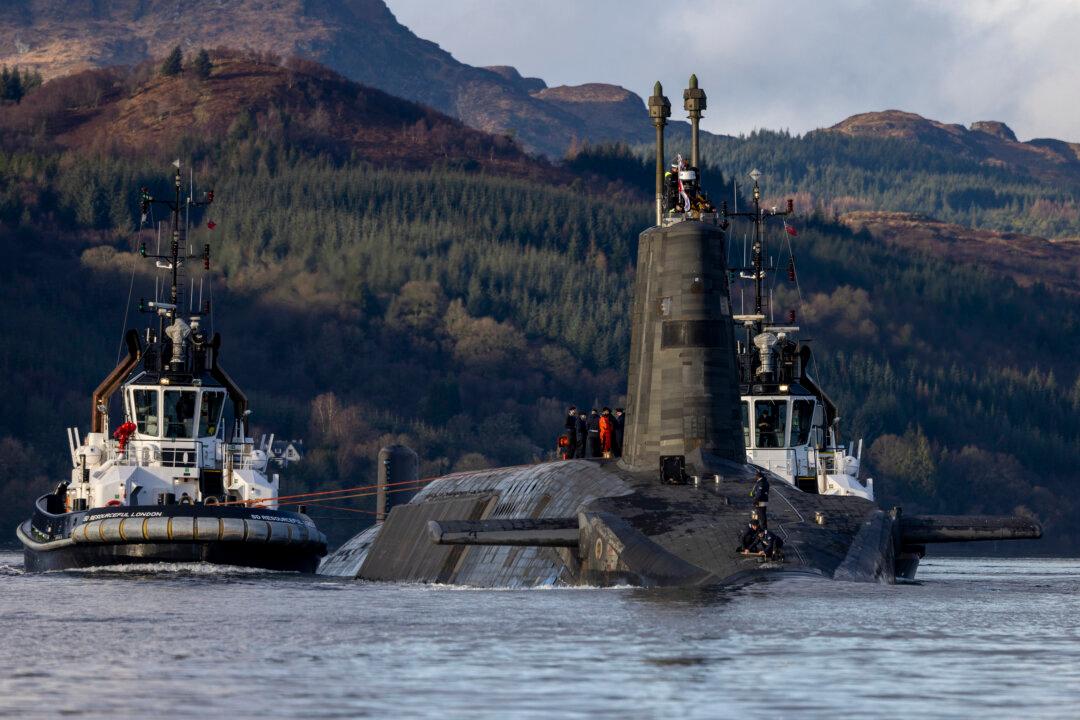As global tensions escalate, particularly the ongoing war in Ukraine, the UK’s nuclear deterrent—touted by Westminster as the “ultimate guarantor” of national security—is facing renewed scrutiny.
Questions are emerging over its strategic independence, financial sustainability, and growing political opposition, especially from the Scottish Government.
Independence or Reliance?
While the UK claims operational independence over its nuclear deterrent, its remains dependent on the United States when it comes to missile maintenance and warhead development.The UK has maintained a continuous at-sea deterrent since the 1960s, currently deployed via four Vanguard-class submarines armed with U.S.-made Trident II D5 missiles.
Though launch decisions rest solely with the British prime minister, several aspects of the Trident system depend on U.S. infrastructure and maintenance.
Under the terms of the 1982 Polaris Sales Agreement, the UK purchases missiles and associated technologies from the United States.
These missiles must periodically return to Kings Bay, Georgia, for servicing by Lockheed Martin. Additionally, the UK acquires aeroshells for warhead construction from the United States.
Samuel Rafanell-Williams, communications officer for the Scottish Campaign for Nuclear Disarmament, argued that this interdependence undermines the notion of strategic autonomy.
Renewed Agreements and Forward Planning
In July 2024, the UK and United States renewed their long-standing Mutual Defence Agreement, which now runs indefinitely.The deal allows both countries to keep sharing nuclear technology, materials, and knowhow, including in weapons systems and submarine propulsion.
While it strengthens defence ties, it also raises concerns about how much the UK depends on the United States for its nuclear deterrent.

Senior fellow at Hudson Institute Ryan Tully has proposed diversifying beyond the current submarine-only deterrent to enhance flexibility and resilience.
“Currently, the UK relies solely on its submarine-based Trident missiles. While this system has proven effective, diversifying the nuclear arsenal to include a second delivery method could enhance flexibility and resilience. The original Polaris Sales Agreement could serve as a model for future engagement and additional capability.
The Cost Question
Even as defence spending rises, financial pressures persist. In a cost-saving move, the government cancelled six defence projects last month.The Dreadnought programme alone is expected to cost £31 billion, with an additional £10 billion contingency fund, 20 percent of which had already been accessed by March 2023.
Total spending on the Defence Nuclear Enterprise, which includes all nuclear programmes, is forecast to hit £117.8 billion over the next decade.
Despite this, a nearly £8 billion funding gap remains, raising concerns within the Public Accounts Committee about its manageability.
Political Opposition in Scotland
The Scottish National Party (SNP), leading in Holyrood, remains firmly opposed to the UK’s nuclear deterrent, having pledged to remove Trident from Scottish territory in the event of independence.
Responding to comments from First Minister John Swinney, who called Trident an “inhibitor” to addressing current military challenges and urged redirecting funds towards conventional weaponry, Starmer said: “If ever there was a time to reaffirm support for the nuclear deterrent, it is now. We mustn’t reduce our security and defence. I think it is a completely wrong-headed decision they [the SNP] should reconsider.”
Despite limited devolved powers over defence, the SNP continues to promote its vision of a nuclear-free Scotland.
Rafanell-Williams said that independence would allow Scotland to sign the U.N. Treaty on the Prohibition of Nuclear Weapons and begin removing nuclear submarines from Faslane.
“It is almost certain that no other location in England would be suitable for such a relocation, and no resources exist for immense expense required in building another deepwater port.
“As such, Scotland becoming independent would almost certainly result in the nuclear disarmament of the UK as a whole, something which would make both nations safer,” he said.
Alastair Cameron, chair of Scotland in Union, framed the results as a rebuke to the SNP.
“It’s time the SNP listened to the majority of Scots and stopped its damaging campaign to break up the UK,” he said.







